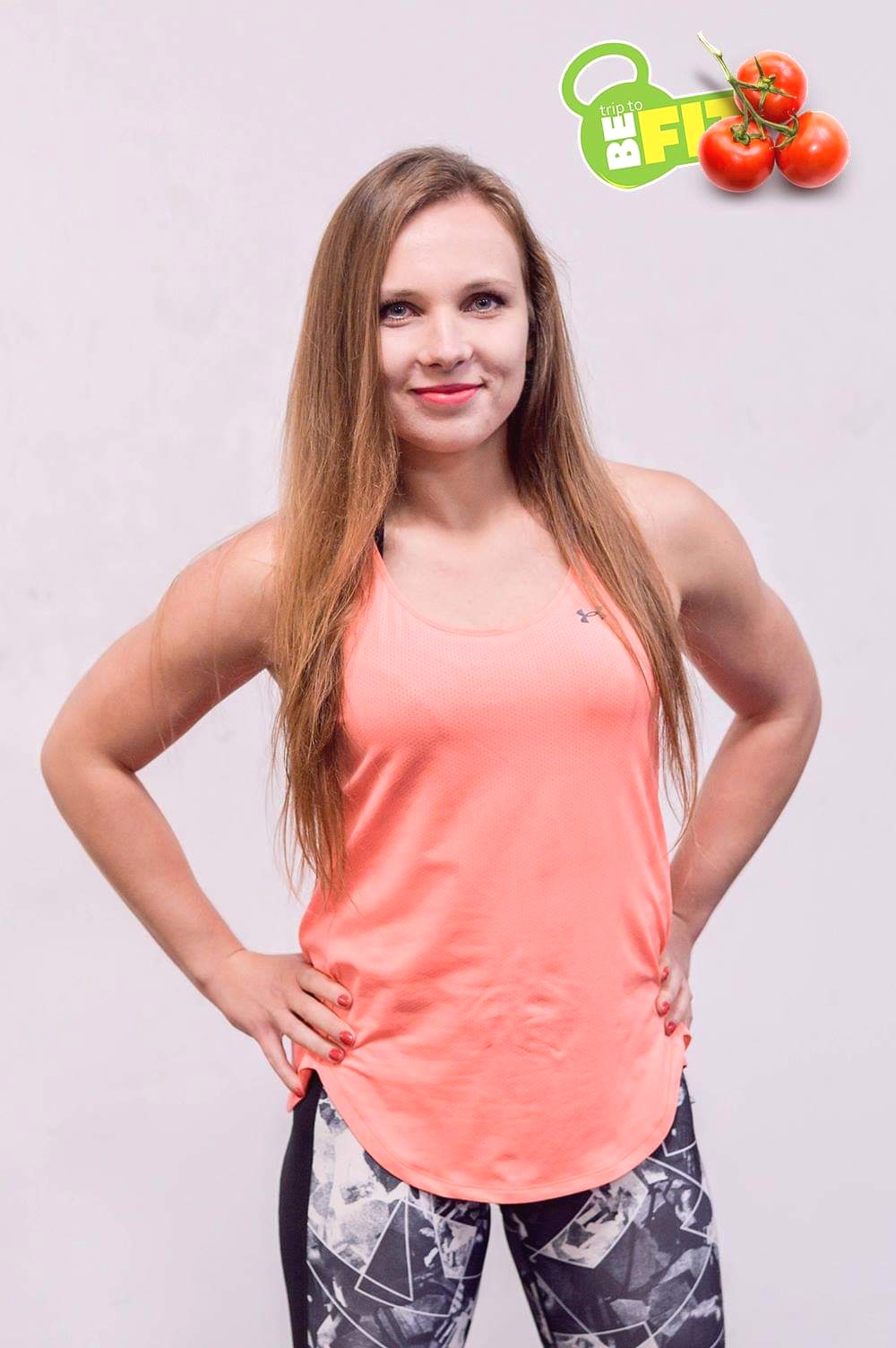Why Getting Enough Protein is Essential for Health, Strength & Longevity
- Dominika Jackson

- Mar 15, 2025
- 3 min read
Updated: Jun 3, 2025
Have you ever wondered, “Am I getting enough protein from my diet?” or “Do I really need more protein if I’m not a bodybuilder?” If so, you're not alone!
We’re constantly bombarded with confusing nutrition advice, making it hard to know what’s true. Plus, with busy schedules, finding quick, high-protein meals that actually fit into your daily routine can feel overwhelming. And I get it!
However, hitting your protein goal is vital and, in fact, easier than you think! You don’t have to over-complicate it—small tweaks to your diet can make a big difference in your energy, metabolism, and muscle health.
Why do we need protein?

Protein is a vital nutrient for overall health, longevity, and physical performance. Its role becomes even more critical as we age or engage in regular exercise. Here’s why getting enough protein is essential:
✔ Muscle Growth & Recovery – Supports lean muscle development, aids in fat loss, and reduces post-workout soreness by providing the amino acids needed for muscle repair and strength.
✔ Strength & Mobility – Helps maintain muscle mass and prevent age-related muscle decline (sarcopenia), keeping you strong and active.
✔ Metabolism & Weight Control – Increases satiety, helps regulate appetite, and supports a healthy body composition by keeping you fuller for longer.
✔ Hormonal Balance & Menopause Support – Plays a key role in bone health, energy levels, and mood stability, especially for women during menopause.
✔ Longevity & Healthy Aging – Supports immune function, tissue repair, and overall vitality, ensuring a healthier, more active life.
Despite its importance, many adults—especially women—don’t consume enough protein, which can lead to muscle loss, fatigue, and slower recovery.
How Much Protein Do You Really Need?
One of the biggest misconceptions is that protein is only for bodybuilders or that high-protein diets harm your kidneys. However, unless you have an existing kidney condition, protein is completely safe and essential for overall health.
How Much Protein Do You Really Need?
✔ Sedentary adults: 0.8g per kg (0.36g per lb) of body weight
✔ Active individuals & strength trainers: 1.6–2.2g per kg (0.7–1g per lb)
✔ Women post-menopause: 1.8–2.2g per kg (0.8–1g per lb) for muscle & bone health
✔ After age 40: Protein needs increase to prevent muscle loss (sarcopenia)

Simple Ways to Boost Your Protein Intake
You don’t need to eat bland chicken breast all day to hit your protein target. Here are some easy and simple swaps to help you increase protein in your meals:
✔ Swap regular yogurt for Greek yogurt (2x the protein!)
✔ Add cottage cheese to smoothies for a creamy, high-protein boost
✔ Mix egg whites or protein powder into oatmeal
✔ Choose chickpea or lentil-based pasta over traditional wheat pasta
✔ Bake with almond flour and/ or protein powder for high- protein pancakes or muffins
✔ Sprinkle hemp seeds, chia seeds, or nuts onto meals
Is Plant-Based Protein the Same as Animal-Based Protein?
Plant-based proteins can be a good option and they can work well with proper planning, but they're not equal to animal proteins when it comes to muscle growth, recovery, and aging. Here’s why:
Better for Muscle Growth & Strength
Animal proteins contain higher levels of leucine, the most important amino acid for muscle protein synthesis (muscle building).
Faster Recovery After Workouts
Meat, eggs, and dairy provide essential BCAAs (branched-chain amino acids) like leucine, isoleucine, and valine—helping you recover faster, reduce soreness, and prevent muscle breakdown.
Prevents Muscle Loss & Supports Healthy Aging
After age 40, muscle loss (sarcopenia) naturally occurs. Animal proteins help prevent this due to higher bioavailability (better absorption), creatine content which supports muscle strength & brain function as well as the presence of heme iron & B12 which will help to prevent fatigue, weakness & cognitive decline.
Looking for Easy, Simple & High-Protein Meal Ideas?
You don’t have to spend hours in the kitchen to meet your protein needs. Download my FREE eBook for quick, high-protein recipes for breakfast, lunch, dinner, and snacks—simple recipes designed to fit into a busy lifestyle.

.jpg)



Comments